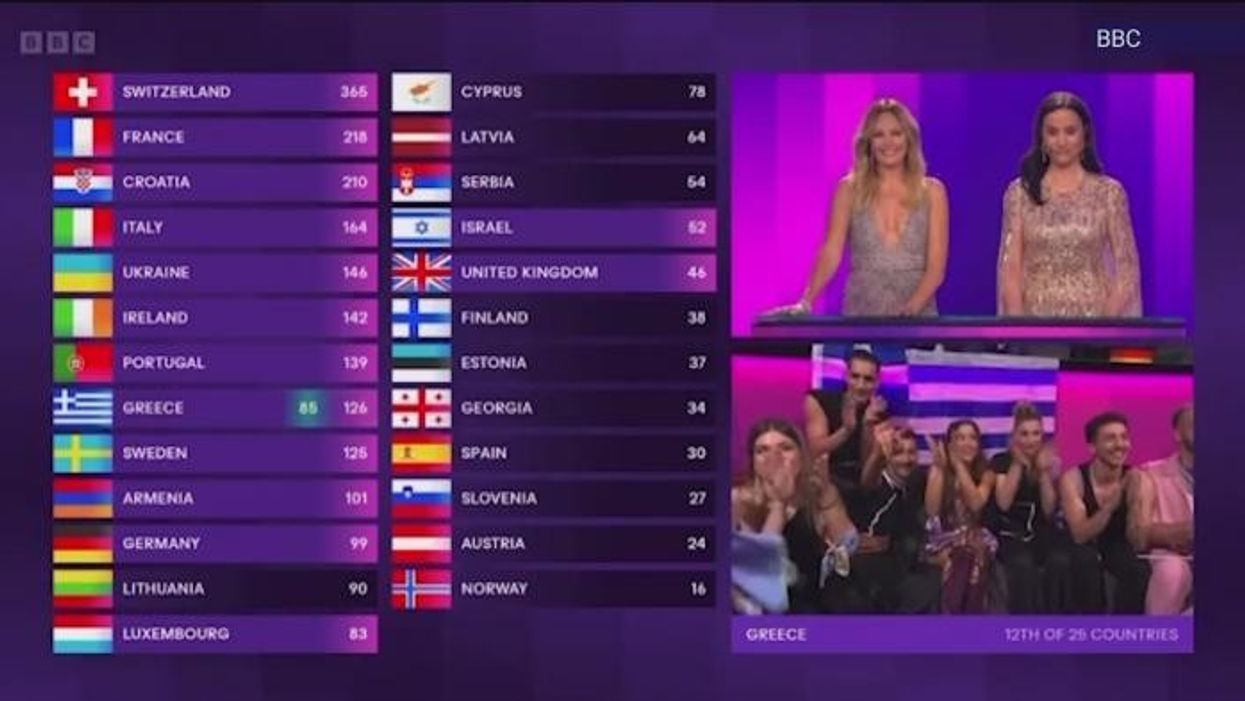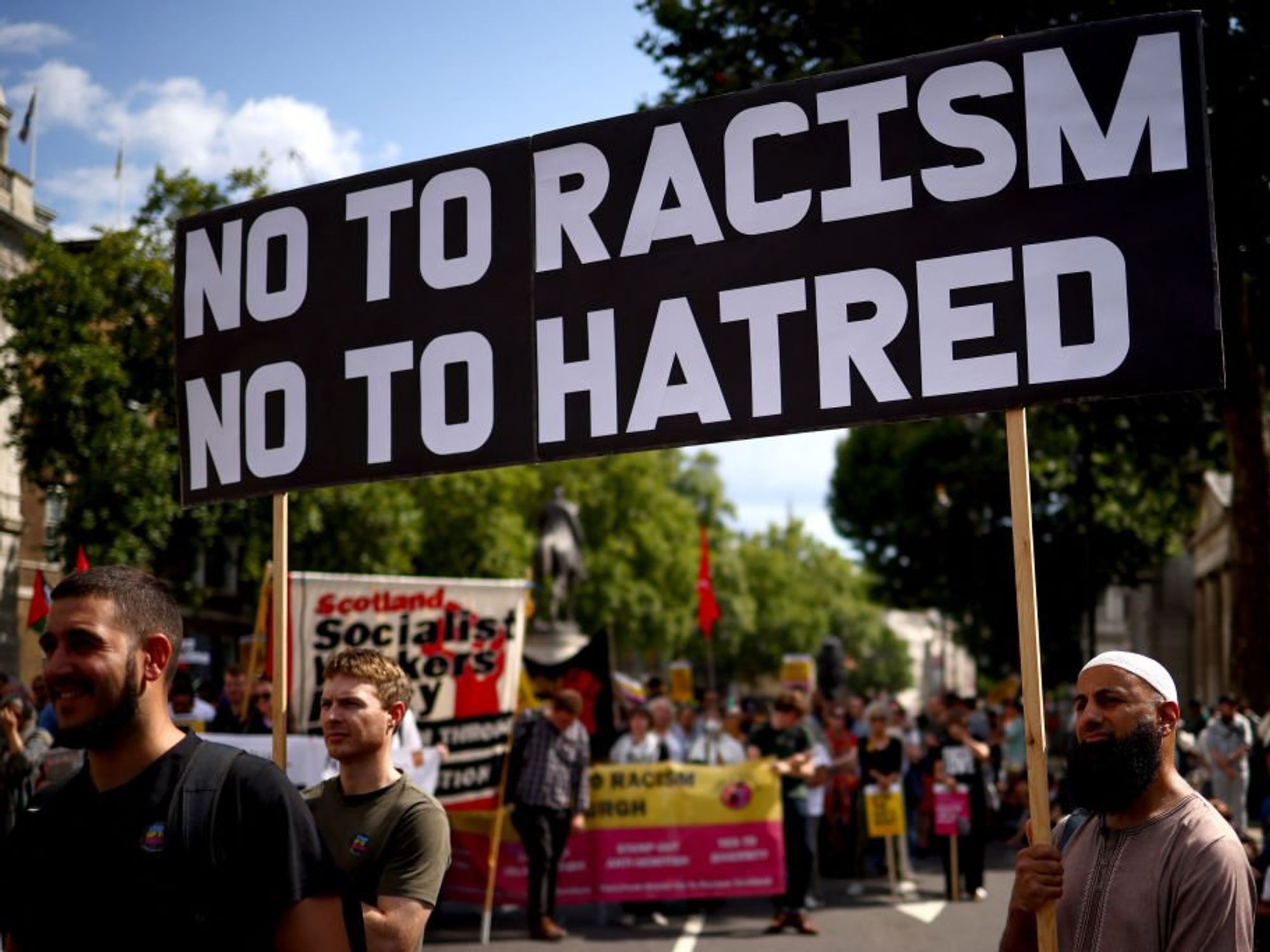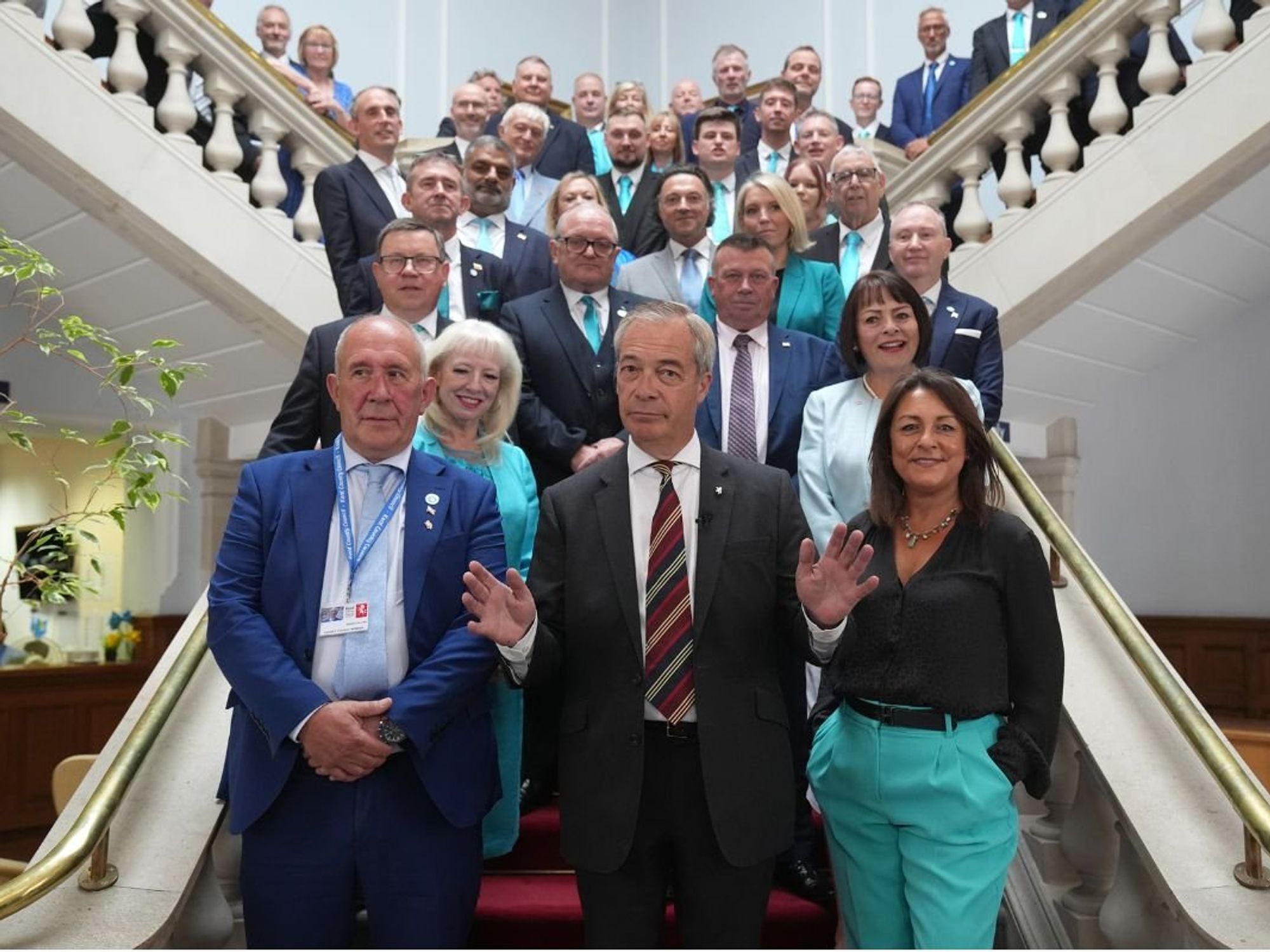BBC finally issues response to Eurovision furore after barrage of complaints: 'Aspects didn't appeal to everyone!'

The annual event took place in Sweden this year and saw Switzerland crowned champions
Don't Miss
Most Read
Latest
The BBC has released a statement admitting that the coverage of the Eurovision Song Contest "didn't appeal to everyone" as it addresses the barrage of backlash it received.
Just like every year, thousands were eager to watch the contest which brings countries together through their love of music and performing - but this year there were a multitude of events that received complaints from fans.
The contest had disqualifications, withdrawals of spokespeople, flag bans, calls for Israel to be disqualified and protestors pushing for a boycott.
The main concern from fans of the contest was that Israel - represented by Eden Golan - was still allowed to perform despite the ongoing Hamas-Israel war, inciting protests to form outside of the venue.
Two weeks after Switzerland was crowned the 2024 champions and the contest ended, the BBC has released a statement that addresses the controversy throughout this year's show.
It reads: "We received complaints from some people who are unhappy with some aspects of this year’s Eurovision Song Contest.

The United Kingdom's entrant Olly Alexander received no votes from the public
|BBC/REUTERS/GETTY
"The Eurovision Song Contest continues to be one of the most popular entertainment programmes on the BBC, attracting millions of viewers.
"The long-running contest is organised by the European Broadcasting Union (EBU) in conjunction with that year’s host broadcaster and the other member broadcasters and always features an eclectic range of performances.
"Whilst we feel that this year’s Eurovision remained within general expectations for this annual event, we understand there may be some aspects of the broadcast that didn’t appeal to everyone."
It ended the statement by writing that it was "continually listening to our audience" and it had "shared all feedback" with the BBC teams responsible for the corporation's broadcast of Eurovision and with the organisers of the competition.
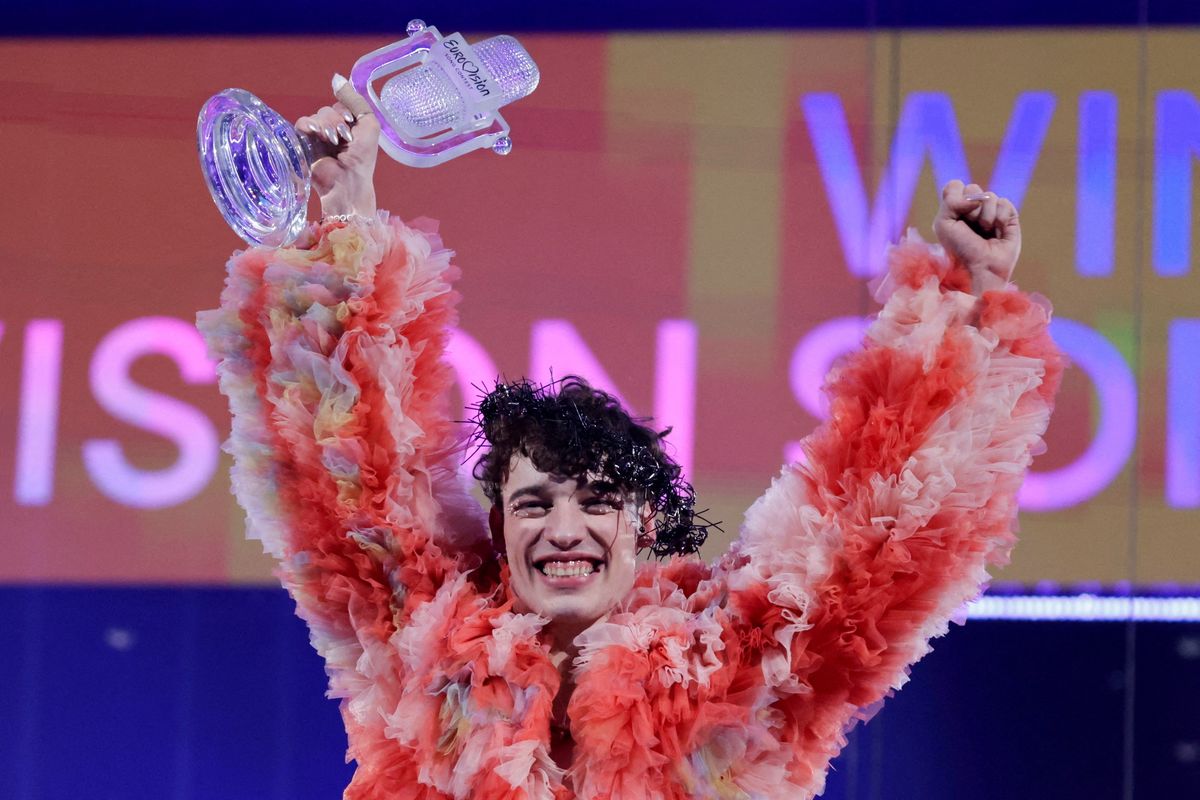
Switzerland's entrant Nemo bagged the win
|BBC/REUTERS/GETTY
One cause for controversy came when Netherlands' entrant Joost Klein was cut from the finale for allegedly making a "threatening gesture" towards a journalist.
Meanwhile, other acts were told to remove references to Palestine from their outfits.
Jurors Alessandra Mele from Norway and Finnish runner-up of 2023 Käärijä relinquished their responsibilities during the contest at the last minute and said it "doesn’t feel right’ to be part of the point-giving process.
Ireland’s Bambie Thug caused a stir with her "witch" performance on stage but still managed to stay near the top of the leaderboard when it came to the jury voting.
The European Broadcasting Union (EBU) also released a statement during the contest which noted it "regretted" that some delegations "didn’t respect the spirit of the rules and the competition both onsite and during their broadcasts".
"We spoke to a number of delegations during the event regarding various issues that were brought to our attention," the EBU said.
LATEST DEVELOPMENTS
- BBC MasterChef finalist Louise dealt huge blow just hours before finale as new data emerges
- Jay Blades' wife shares work return update amid split from BBC The Repair Shop star as he continues TV break
- Liam Gallagher breaks silence on Oasis reunion after cryptic social media hints spark frenzy among fans
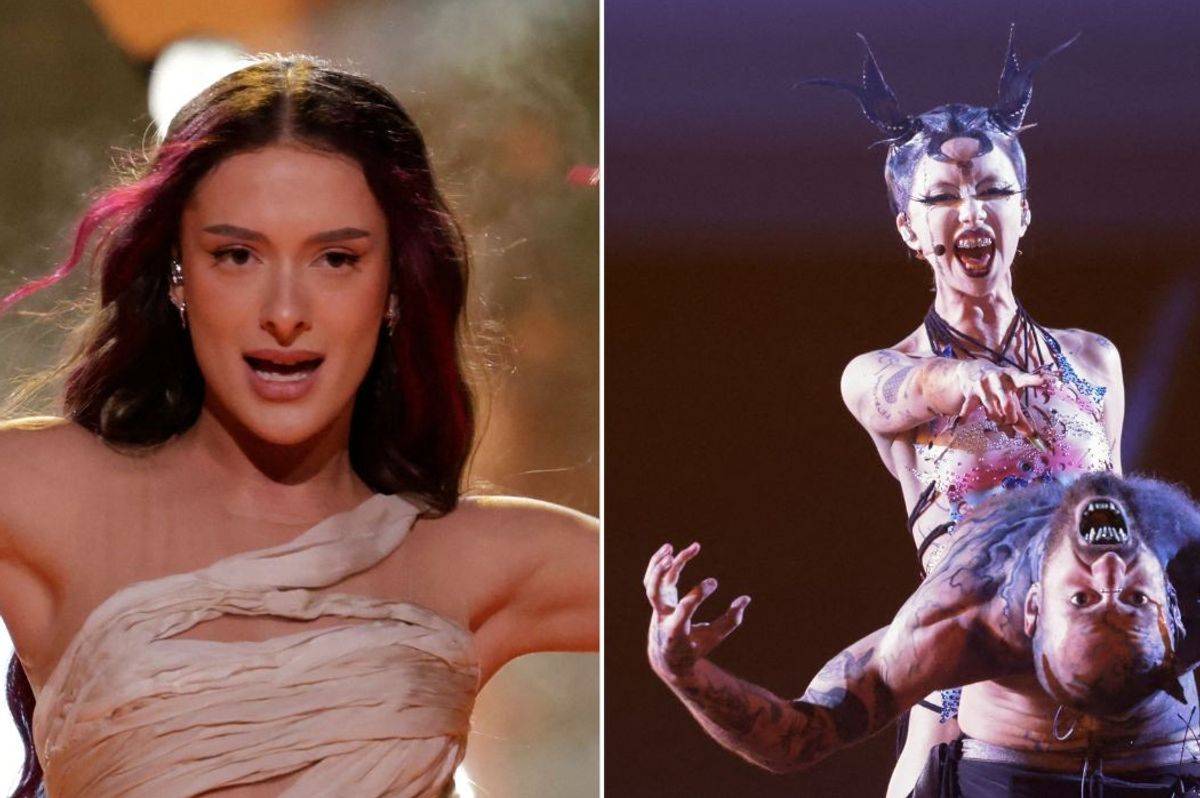
The BBC released a statement addressing the backlash
|BBC/REUTERS/GETTY
"The EBU’s governing bodies will, together with the heads of delegations, review the events surrounding the ESC in Malmö to move forward in a positive way and to ensure the values of the event are respected by everyone."
United Kingdom's entry Olly Alexander also received some backlash after many slammed the sexual nature of his performance, resulting in a zero-point score from Europe's voting public on the night.


